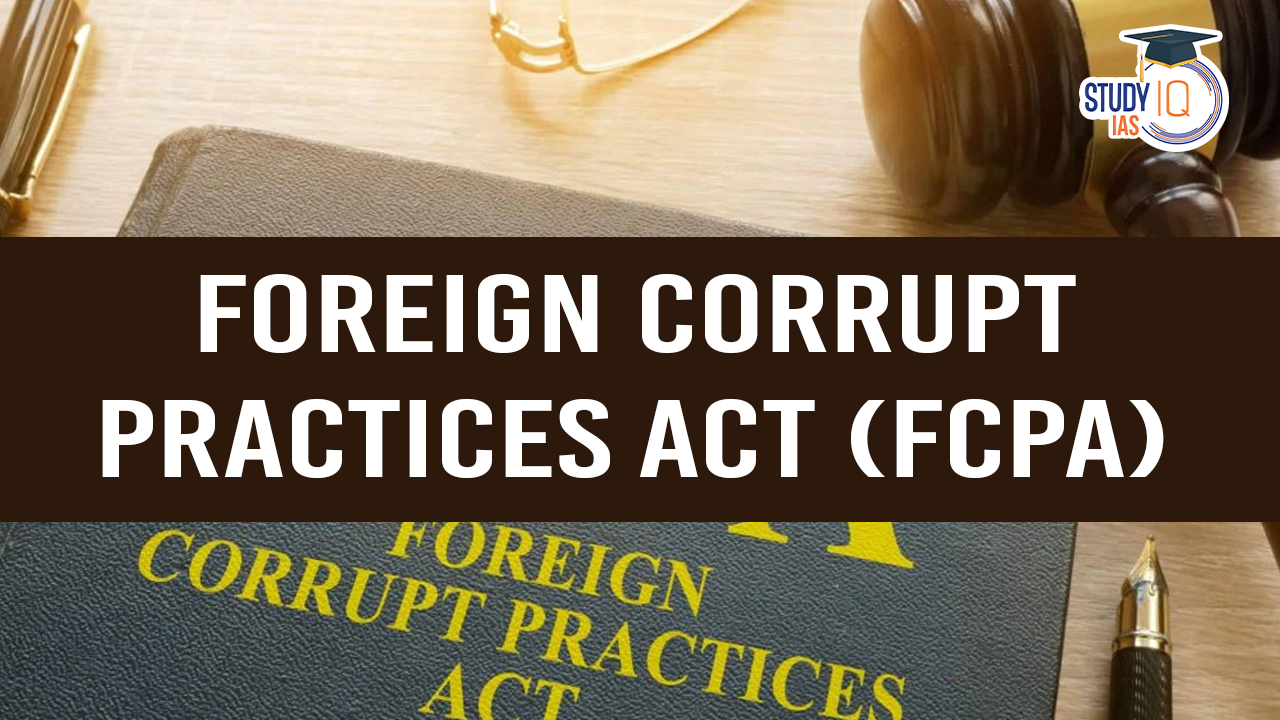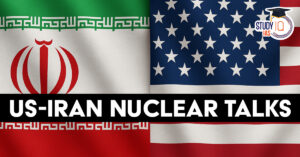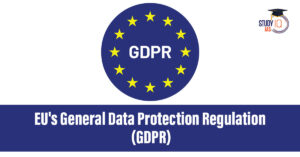Table of Contents
Context: U.S. President Donald Trump signed an executive order suspending the Foreign Corrupt Practices Act of 1977.
Executive Order on FCPA Suspension
- The order halts new FCPA investigations and requires the Attorney General to review the law and issue revised enforcement guidance.
- Trump justified the move by claiming that the FCPA puts American businesses at a disadvantage compared to foreign competitors.
- The suspension could be extended beyond 180 days depending on the review.
- The suspension may benefit the Adani Group and its executives, who are facing bribery-related charges in the United States.
About Foreign Corrupt Practices Act (FCPA)
- FCPA is an anti-corruption law enacted in 1977 to curb bribery and corruption involving U.S. individuals and entities in foreign countries.
- It is enforced by the Department of Justice (DOJ) and the Securities and Exchange Commission (SEC).
Key Features of the FCPA
- Prohibition of Bribery: Prohibits offering, paying, promising, or authorizing anything of value to foreign officials to gain or retain business or secure an improper advantage.
- Scope of Application – Who is Covered?
- S. Individuals and Companies: Includes citizens, residents, and corporations operating in or from the U.S.
- Foreign Companies and Nationals: If their activities have a connection to the U.S., such as using U.S. banking systems.
- Publicly Listed Companies: All companies listed on U.S. stock exchanges are subject to the FCPA’s accounting provisions.
- Jurisdiction: Applies to actions conducted anywhere in the world if they involve U.S. entities or their agents.


 India-Middle East-Europe Economic Corrid...
India-Middle East-Europe Economic Corrid...
 US-Iran Nuclear Talks: Key Developments ...
US-Iran Nuclear Talks: Key Developments ...
 EU Plans to Slash General Data Protectio...
EU Plans to Slash General Data Protectio...





















